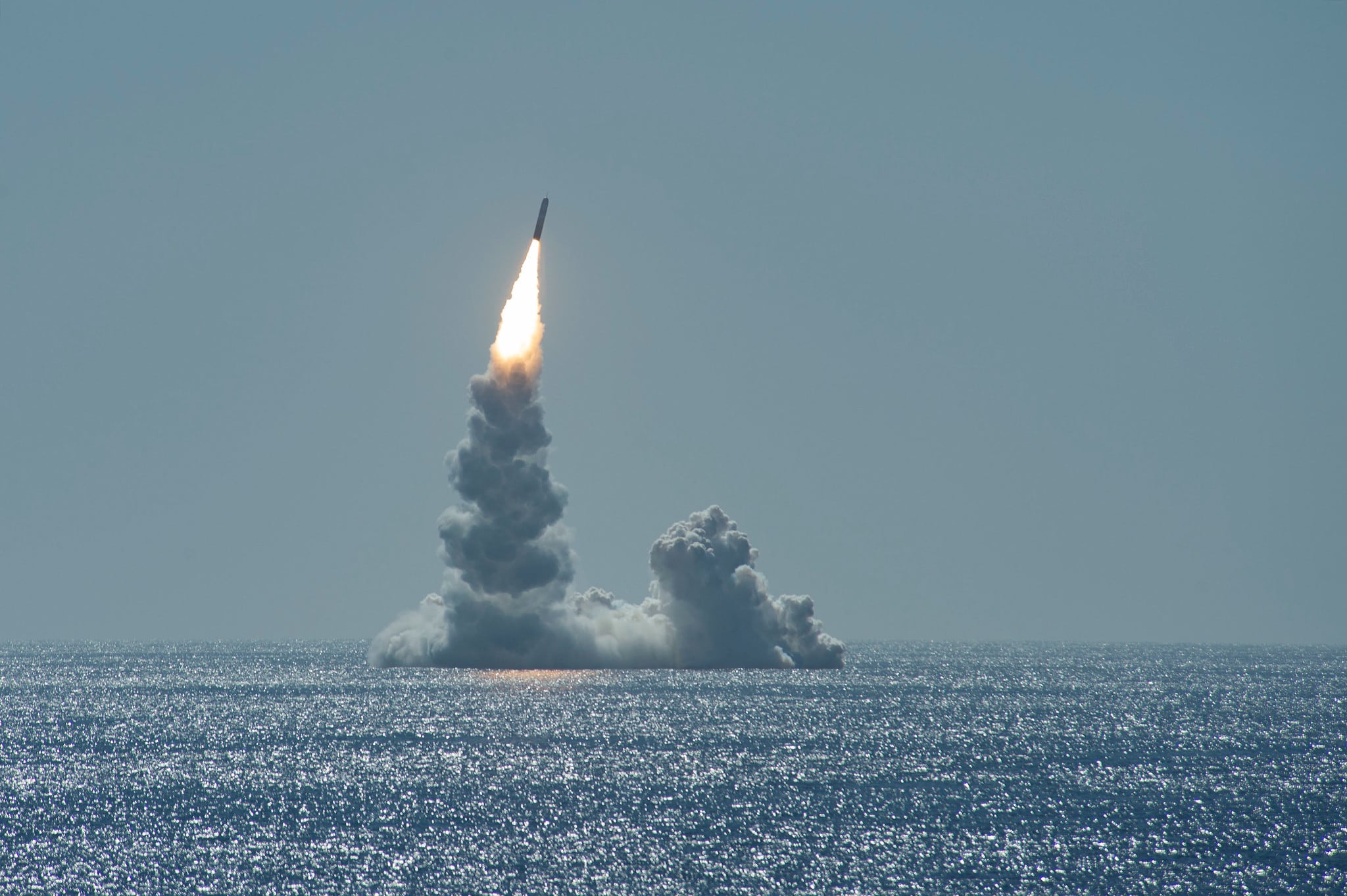President John Adams once wrote: “National defense is one of the cardinal duties of a Statesman.” These words are as true now as they were when they were written in 1815. However, unlike in 1815, the weight of these words seems lost on some in Congress.
As Congress moves forward with the National Defense Authorization Act and the passage of the defense appropriations bill, there are irresponsible calls for blanket cuts to defense spending that are either misguided or willfully ignorant of the role the U.S. military plays in maintaining global stability.
In a time where China continues its unprecedented aggressive actions, such as pushing into contested territory in India, attempting to subdue Hong Kong and continuing to antagonize partner nations in the South China Sea; where Russia advances its malign global state-building agenda through overt means while simultaneously using paramilitary mercenaries such as the Wagner Group to do the Kremlin’s more insidious bidding; where Iran continues to terrorize the Middle East; and where North Korea remains a global nuclear threat, our response cannot be to cut our defense budget by nearly 50 percent, as suggested by some members of Congress.
Simply put, there is no shortage of global powers who wish to see the United States, our partners and allies falter and fail.
RELATED

Ultimately, national defense is not just about protecting the homeland — it is about preventing conflicts from escalating, eliminating future threats and deterring those who have malicious intent toward the American people. Unfortunately, the world is not a benevolent place. The United States isn’t fighting terrorism in Syria and Iraq for fun, we aren’t protecting shipping lanes in the Pacific Ocean because we have nothing else to do, and we aren’t working to bring the structural change needed to protect human rights against oppression across the African continent because of boredom. The United States military engages in these operations because no one else will, and we take up the mantle to bring stability to this dangerous world because we support peace and democratic institutions.
Bringing stability to the globe and protecting our homeland comes at a price — it requires strong, robust funding of the Department of Defense.
This does not mean to suggest there isn’t waste, excess or duplicative programs within the Department of Defense. However, we are fortunate right now to have Pentagon leadership in Secretary Mark Esper and Deputy Secretary David Norquist who are tackling this problem head-on through their departmentwide review that has already yielded at least $5.7 billion to be reallocated for higher priorities. On top of this, every year the congressional Armed Services committees continue to work to refine, streamline and root out waste in the Pentagon through reformative NDAA provisions.
For example, I led the aircraft carrier block-buy contract that saved nearly $4 billion for the taxpayers, and I have a bill out right now to do multiyear procurement on amphibious ships that would save at least $1 billion. While these are just two examples, one can imagine the type of savings that are to be found if we continue to extrapolate these types of actions out to our defense acquisitions at large. Additionally, Congress must work with the department to examine the audit and eliminate and reduce functions that are redundant or deemed no longer mission-critical, which will save the taxpayers billions of dollars.
This is how Congress must address the defense budget — to make it streamlined and effective, and to find the mechanisms and authorities needed to make sure our dollar works harder than the yuan or the ruble. While this anti-defense spending rhetoric may play well for a certain form of politics, we must remember blanket cuts don’t cut out the waste, it eliminates the programs that are easiest to cut, necessary training exercises, and emerging programs that are going to make the difference between life and death on the battlefield for our service members.
U.S. Rep. Rob Wittman, R-Va., is the ranking member of the Seapower and Projection Forces Subcommittee.







